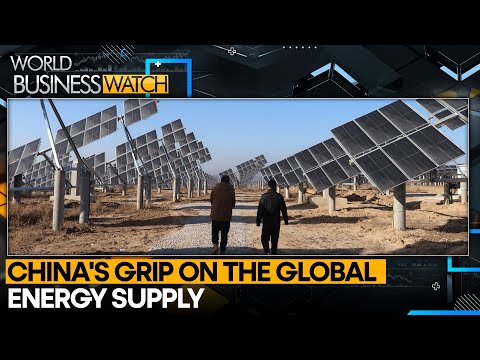Today, we have some exciting news to share with you. Eddie Aston, CEO of Freightliner, recently introduced a game-changing hydrogen-powered vehicle that is poised to transform the transportation industry. In this video, we’ll look at this momentous development, its consequences for the industry, and how Freightliner’s hydrogen truck compares to its competitors.
First and foremost, the trucking industry is at a critical juncture in its road towards sustainability. With strict emissions laws and an increasing demand for environmentally friendly transportation solutions, companies such as Freightliner are stepping up to the task. And they aren’t alone; Tesla, Nikola, Toyota, Hyundai, and Foton are all competing to deliver cleaner alternatives to standard diesel-powered trucks.
Tesla’s electric semi truck has made headlines for its striking look and zero-emission promise. Meanwhile, Nikola Corporation has been making headlines with their hydrogen-electric trucks, which are supported by smart relationships with industry titans such as General Motors. Toyota, a pioneer in hybrid technology, is also entering the hydrogen-powered truck market through Project Portal. These rivals are challenging the status quo and driving the transition to greener transportation.
However, Freightliner’s hydrogen truck announcement brings a new viewpoint to the issue. Hydrogen fuel cells, with their long-range capabilities and quick refuelling periods, provide an appealing alternative to electric trucks, which are better suited to shorter distances. Freightliner’s reputation for dependability and durability makes them a strong contender in the eco-friendly trucking market, promising to create new industry norms.
Now, let’s go deeper into why hydrogen technology is such a big changer. Hydrogen fuel cells produce energy by mixing hydrogen and oxygen, leaving only water vapour as a byproduct. This clean and efficient energy source has the potential to considerably reduce greenhouse gas emissions and air pollution, which is an important step towards meeting sustainability targets. Furthermore, hydrogen may be created utilising renewable energy sources, which enhances its environmental credentials.
One of the most notable advantages of hydrogen is its quick refuelling capability, which contrasts sharply with the lengthier charge durations associated with electric trucks. This makes hydrogen trucks appropriate for long-distance routes where uninterrupted operation is required. The only limitation is the necessity for a strong hydrogen infrastructure, which, despite its expansion, is still less common than electric charging stations.
In terms of infrastructure, firms such as Nikola and Toyota are already investing in developing the hydrogen refuelling network, overcoming one of the most significant hurdles to hydrogen adoption. As infrastructure improves, hydrogen-powered vehicles will become more available, levelling the playing field for transportation companies seeking to adopt clean energy solutions.
Cost is another thing to consider. Currently, hydrogen fuel cells cost more to construct than typical diesel engines or electric batteries. However, as technology evolves and production grows up, costs are likely to fall, making hydrogen trucks more economically viable in the long term.
The choice to switch to hydrogen technology is not only about lowering emissions; it is also about remaining competitive. Businesses are recognising the value of linking their transportation operations with sustainability goals, particularly as customers expect more environmentally friendly practices. Companies such as Amazon are looking at incorporating hydrogen-powered trucks into their fleets to decrease their carbon footprint and set industry standards.
Furthermore, the use of hydrogen technology has the potential to create jobs and boost economic growth. As the hydrogen infrastructure grows, there will be a greater demand for experienced individuals to run and maintain refuelling stations, providing economic benefits beyond sustainability.
Freightliner CEO Eddie Aston’s introduction of the hydrogen-powered truck represents a watershed moment in the trucking industry’s journey towards sustainability. With competition from industry titans such as Tesla, Nikola, Toyota, Hyundai, and Foton, the future of freight transportation is expected to be cleaner, more efficient, and ecologically friendly. The race to launch a hydrogen-powered revolution has begun, promising a breakthrough that will benefit both businesses and the environment. Stay tuned to our channel for additional information on this amazing breakthrough and its potential influence on the transportation industry!










![Fresno Approves Hydrogen Contract for New Buses. How Far is the Filling Station? [Video]](https://energynewsvideo.com/wp-content/uploads/2024/05/mp_364303_0_FAXfresnohydrogenbus1280X720jpg.jpg)
![PLUG Stock PLUG POWER Is it time to BUY? - NEWS! Martyn Lucas Investor @MartynLucasInvestorEXTRA [Video]](https://energynewsvideo.com/wp-content/uploads/2024/05/mp_363571_0_0jpg.jpg)


